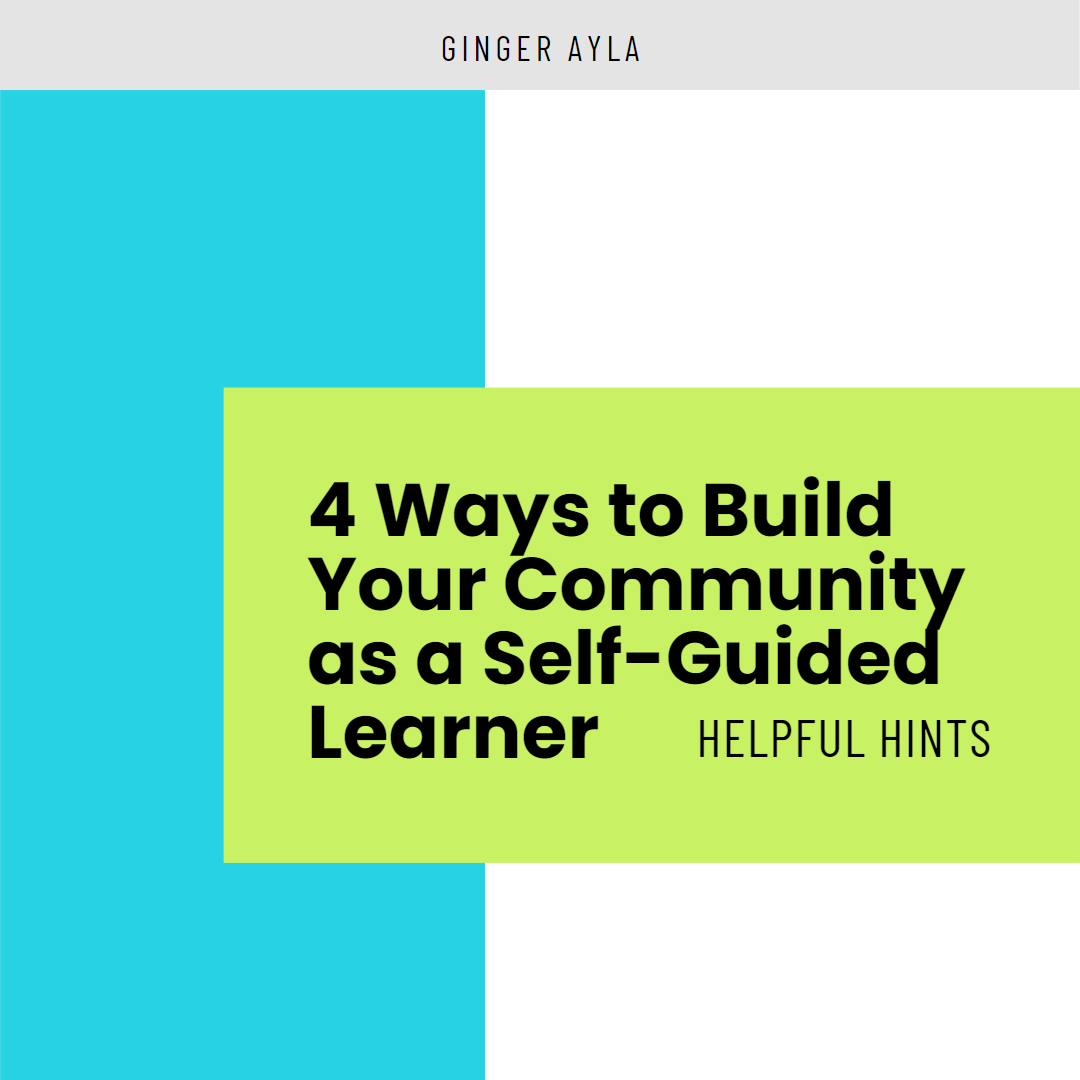5 Tips For Overcoming Open Mic Anxiety
The day has finally come: your first poetry open mic! You asked your writing buddies, found a local spot through a bit of online research, or saw a flyer at your favorite coffee shop, and made sure to clear your night so you could come and check it out. After riffling through your collection to find the perfect piece to share and running it over and over in your head all day, you’re making your way over to the venue and well, being totally honest with yourself, are freaking out just a little: Will these people like me? What is the ‘vibe’ going to be like? What if the list fills up? Am I even sure I want to do this?
Breathe, my friend. It’s going to be okay! Poetry open mics are some of the friendliest and most fun places around to share your love of the craft and get to experience myriad voices and perspectives. Regardless of what you share, the community centered around this event will all have the privilege of receiving you and you will undoubtedly learn a great deal from them.
And when in doubt, just remember: C.H.I.L.L.!
Come prepared!
Remember that research I mentioned before? Definitely a good idea to brush up on some of the finer details prior to coming to an open mic night for the first time, making sure to note where the event is, what the parking situation is like, and even something as minute as when the doors open versus when the event starts. All of this information can help ensure that you arrive at the event with plenty of time to get a lay of the land (and find a comfortable place to enjoy the show). Also, something to keep in mind: the host of the open mic is an incredible resource. They will likely be onsite earlier than the general audience and will be more than happy to share additional information with you, especially if you mention that it's your first time there (just try to make sure you approach them patiently, as they will likely be preoccupied helping to set up!). Some additional questions that would be great to ask up front include:
How do I sign up?
Most open mics utilize a first come, first serve sign up sheet, however that is not always the case. Occasionally, an open mic will request participants to pre-register before the event even starts or employ what’s known as a “lottery system,” where artists are picked at random from a bowl or list, so take note accordingly!
How much time do I have on the mic?
This will vary from place to place, though most open mics allot around 3 to 5 minutes per performer or “the length of one poem.” However, due to a potentially large list of participants and/or time constraints with the venue, many open mics will be very strict about enforcing your time limit, starting your time from the moment you begin speaking! A lot of first time performers tend to combat their nerves by overexplaining their poem or its context when it's really not necessary (and puts the poet at risk for not finishing their piece within the allotted time frame). Don’t forget: everyone is there to listen and celebrate the work, so let that speak for you! At most, all you need to say prior to reading is who you are and the name of your poem. And, even if there is no set time limit, it’s always best to err on the side of short and sweet (making sure to be considerate of other folks that may want to share their work that evening as well).
Is there a theme and/or content preference I should be aware of?
It should go without saying, but in an open mic context, it’s important to exercise caution when sharing potentially triggering or divisive material (including themes such as violence, substances, or similar adult themes). Even if written from a personal, earnest point of view, such pieces might not always be appropriate depending on the audience. Poets should be similarly wary if their work includes adult language, as some spaces are specifically family friendly and/or may include children in the audience. When in doubt, always ask first!
Have an open mind.
Many folks tend to have a very specific image in mind whenever they hear the phrase, “open mic,” and may be surprised to find that there is actually a wide variety of types of open mic spaces. From loud, party-like atmospheres to intimate gatherings around candlelight, the only universal component of an “open mic” is the ability for anyone who’s interested to take the stage and share their work. Outside of that, be ready for anything and try not to become too enamored with your particular vision of how you think the night will go. Some open mics encourage participants to share their poems accompanied by a house band while others may want you to share multiple pieces! And in the event of a lottery style system (where participants are chosen at random), there’s always a possibility that you might not get a chance to share (especially if a lot of people show up), which just means you have more of an opportunity to sit back and enjoy the show.
Something that’s really helpful to keep in mind is that more than anything else, open mic spaces are an intentional gathering and celebration of a community rather than its individual constituents. Even if there’s a featured performer for the event, the emphasis is still geared more towards the collective folks who show up to support that performer and that performer’s particular relationship with the space.
Open mics are essentially a collection of many different energies all convened in a single area, so even amongst ongoing spaces that have been around for many seasons and have their show structure down to a science, there’s always a certain level of unpredictability regarding how the night will go.
“ Open mic spaces are an intentional gathering and celebration of a community.”
Illuminate your colorful voice!
Okay, okay so this one admittedly sounds a bit more flowery and forced than the rest, but the conceit still holds: you, my poetry pal, have a very specific voice and style and deserve to let it be heard! It’s easy to feel overshadowed by other poets and performers at the mic, especially in performance-laden cities such as Los Angeles and New York. But despite how intimidating some of those other poets may be, it’s important to remember that no one will sound exactly like you and for good reason! Lean into that. And whenever you’re feeling particularly nervous, it’s good to remind yourself a few things:
Why do I need to share this poem?
Ask yourself this in the mirror before you go to the open mic and give as honest an answer as possible. Really think about why this poem in particular is important to you. And remember, the point of sharing isn’t to get applause, validation, or an online following (though those are certainly nice bonuses); the point is to celebrate something you love. And doing so with intention can help put your nerves at ease.
This poem is a reflection of me.
Now, I know this can feel particularly vulnerable and nerve-wracking, but hear me out: your poem is a curated simulacrum of your voice. For the short time you spend on the mic, you get to show the crowd literally anything you want— your best parts, worst parts, and/or everything in between. But with that agency comes a lot of power. Because think: how many times in your day-to-day do you truly get to be in charge of your own narrative? And if you put yourself fully out there, you can’t ever be shunned or put down for that. To show up for yourself in any capacity is a true act of bravery that cannot be denied.
I’m not nervous, I’m excited.
There’s some scientific credence lent to the fact that the neural pathways that cause anxiety and excitement are virtually the same. Which means if you’re feeling overly anxious, you can actually trick your brain into believing you’re just really excited (which might also be partially true!). Context is key and if you can reframe what might otherwise feel like a scary experience into a positive one, you can give yourself just enough of a boost to get that poem out of your body and into the open air. And just like that, it’ll be over before you know it!
Look towards the regulars.
We human beings are an adaptive and highly capable species. From an early age, we pick up on visual cues by mimicking our elders and caretakers. To that effect, sometimes the best way to feel at ease in an unfamiliar environment and learn what to do is to take notes from the veterans of the space. Even without exchanging a word, you can usually tell pretty quickly who the “regulars” of a space are simply by how they move around and engage with the room: they’ll usually be very interactive with a lot of the other open mic participants, seem pretty comfortable with the space (and on the mic), and when they perform, some folks might even reference or shout out certain lines or stanzas from their work.
These individuals can be just as helpful as the host in regards to relaying important information and potentially more approachable, considering how busy hosts tend to be throughout the night. If you get a chance to talk with these folks either before or after the show, they can provide a lot of insight to the community at large as well as suggest other open mic spaces for you to check out too!
Lastly, pay attention to how these folks conduct themselves on the mic, especially if they are one of those featured performers I mentioned before (meaning someone who is specifically invited to the mic and allotted more time and space to share their work). Open mic features usually fall into one of two categories: a) someone who is well regarded within the realm of poetry, or b) someone who has a special history within the respective community (and sometimes, both!). Regardless, featured performers are excellent exemplars of content and conduct, fluent in the unspoken rules of engagement, cultural norms, and social practices that come with each and every open mic space; you can learn a lot simply by paying active attention to them and how they handle these nuances rather than running lines in your head or stressing out about the order of the show (as many green poets often do)!
And I’m by no means advising you to try to act like a carbon copy of any of these artists, but rather to use their etiquette at the event as a blueprint and model to build upon yourself.
Loosen up!
At the end of the day, this is all for fun. Regardless of how many people are in the audience or how nervous you may feel, keep in mind that open mics are a relaxed environment designed to uplift the many voices that might otherwise go unheard (despite how showy some of them may look); they’re opportunities for everyone to get to perform, regardless of background or experience level and they’re the perfect place to try something new or experiment!
Try not to worry too much about choosing which of your poems will receive the most enthusiastic response or that people will like the most; a better question to ask yourself would be: which of my pieces is the one most on my heart and mind right now? What is the one that is dying to be said? Of course, this is all a lot easier said than done in a vacuum than when faced against a sea of anticipating faces, but I promise you: 10 out 10 times, you will feel a lot better about following your gut.
So stay calm, be attentive, and remember — the more you ‘open’ yourself to open mics, the more fun you’ll have!
This article was posted on April 17, 2023. Written by:






